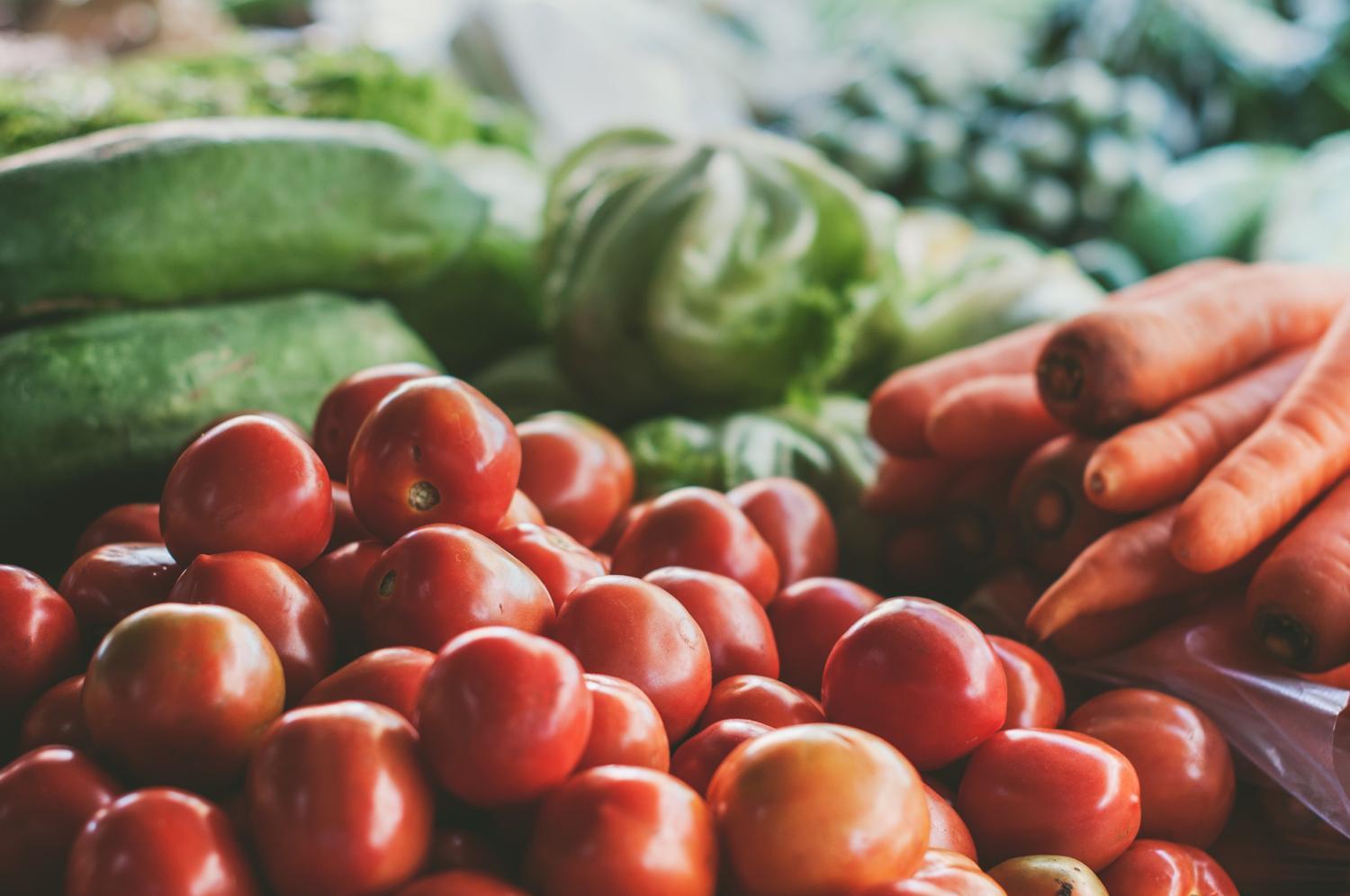
What does Organic Mean + The Food You Should ALWAYS Buy Organic
by The GreenJinn Team
September 06, 2019
3 MIN READ
You’ve probably heard that organic food is healthier and tastier, Unfortunately, it’s generally more expensive too.
Since not everyone can afford a trolly-load of organic food every week, we’ve compiled a list of the most and least pesticide-laden fruit and veg, so you can swerve the most harmful produce and get more bang for you buck.
First off, here’s what the term ‘organic’ really means…
What does organic actually mean?
If your food is organic, it means that it has not been sprayed with man-made fertilisers and pesticides.
However, organic doesn’t necessarily mean entirely pesticide free. These chemicals may sometimes be used to prevent produce from being wasted.
The good news is, organic farms can only use 20 approved pesticides – made from natural ingredients, whereas non-organic farms use a whopping 300!
Organic food is healthier
Organic food is more nutritious
Organic produce is said to contain around 68% more antioxidants than your regular food.
Plus, a more organic diet will means more vitamins, minerals, and essential fatty acids.
Organic food is also safer
Non-organic food contains harmful pesticides and hormones that are poisonous. After all, they were designed to kill pests, so you may want to think twice about skipping on organic.
How poisonous exactly?
Well, a study published in the JAMA Internal Medicine, journal, found among 69,000 participants, those who ate the most organic food had 25% fewer cancers than those who didn’t eat organic.
Not only that, but a 2018 Harvard University study found a disturbing link between pesticide residue consumption and fertility problems.
Some produce has more pesticides than others
Before you start frantically trashing the contents of your fridge, it’s worth noting that pesticide levels vary across different produce.
Since going completely organic can get costly, here’s the fruit and veg we recommend buying organic, and those that you need to worry about less…
DO buy these organic
- Oranges
- Soft citrus fruits
- Lemons and limes
- Strawberries
- Pears
- Grapes
- Seville oranges
- Herbs
- Apples
- Cherries
- Peaches and nectarines
- Pineapple
- Apricots
- Banana
- Prepacked salad leaves
- Spring greens and kale
- Pre prepared salad leaves
- Cucumber
- Berries
- Raspberries
Lower risk produce
- Beetroot
- Cauliflower
- Corn on the cob
- Figs
- Mushrooms
- Onions
- Rhubarb
- Swede
- Turnip
- Peas
- Spring Onions
- Asparagus
- Radish
- Avocado
- Peas without pods
- Sweet potato
- Leeks
- Broad Beans
- Pumpkin and squash
- Broccoli
Key Takeaways
- What does organic mean? Food that hasn’t been sprayed with man-made pesticides, which can potentially be harmful.
- Organic food is healthier. Containing more antioxidants and less poisonous hormones and chemicals.
- Some produce has more pesticides than others. Oranges, soft citrus fruits and strawberries are some of the worst offenders – buy these organic.